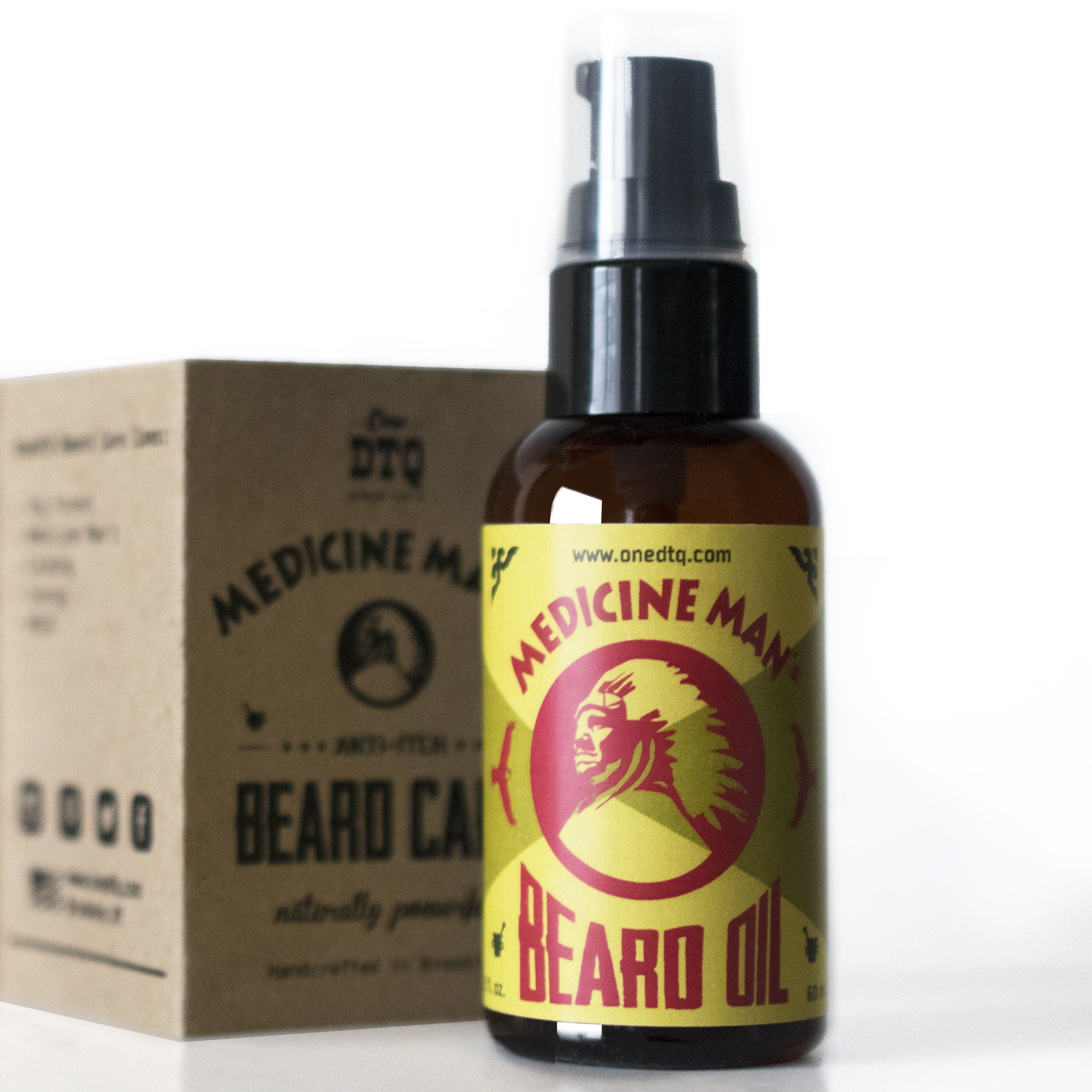If you’ve ever experienced the maddening itch that comes with growing a beard, you’re not alone. At BeardsDude.com, we understand the frustration and discomfort that can accompany the early stages of beard growth. That’s why we’re here to explore whether beard oil can be the solution to your itching woes. As your go-to resource for all things bearded, we’ve got the inside scoop on grooming tips, product recommendations, and expert advice to help you navigate the journey of growing a beard. So, let’s dive in and see if beard oil is the answer you’ve been looking for. Have you ever experienced that pesky, irritating itchiness in your beard? If so, you’re not alone. Many men struggle with beard itching, and it can be a frustrating and uncomfortable sensation. But fear not, because there is a solution – beard oil. In this article, we will delve into the causes of beard itching, discuss what beard oil is, explore its components and moisturizing properties, and explain how beard oil can help alleviate itching. We will also provide tips on choosing the right beard oil, along with step-by-step instructions on how to apply it. So, let’s dive in and understand how beard oil can be your secret weapon in combating beard itching.
Causes of Beard Itching
Dry Skin
One of the primary culprits behind beard itching is dry skin. Just like the skin on your face, the skin under your beard needs proper hydration to stay healthy and itch-free. When your skin becomes dry, it can become flaky, leading to an itchy sensation. Factors such as cold weather, low humidity, frequent washing with harsh soaps, and even certain medications can contribute to dry skin and subsequently cause beard itching.
Ingrown Hairs
Another common cause of beard itching is ingrown hairs. When a hair follicle becomes clogged with dead skin cells or oil, it can trap hair beneath the surface of the skin. This can lead to inflammation, redness, and itchiness. Ingrown hairs are more likely to occur in individuals with curly or coarse hair, but they can affect anyone who grows a beard.
Beard Dandruff
Yes, you read that right – beard dandruff is a real thing. Also known as “beardruff,” it occurs when the skin beneath your beard becomes dry and flaky, much like dandruff on your scalp. Beard dandruff can contribute to itching and discomfort, and it can also be embarrassing if noticeable flakes are present in your beard. Just like regular dandruff, beard dandruff can be caused by factors such as dry weather, improper cleansing, or even an overgrowth of the yeast that naturally occurs on your skin.
Allergic Reactions
In some cases, beard itching may be the result of an allergic reaction to a certain product or ingredient. Some individuals may be allergic to specific fragrances, preservatives, or chemicals commonly found in beard care products. If you notice itching or irritation after using a particular product, it may be worth considering whether you are having an allergic reaction.
Now that we’ve explored the various causes of beard itching, let’s move on to how beard oil can help alleviate this pesky problem.
What is Beard Oil?
Beard oil is a specially formulated product designed to keep your beard and the skin underneath in optimal condition. It is typically made up of a blend of carrier oils, essential oils, and additional ingredients that work together to moisturize, condition, and nourish your facial hair and skin. Beard oil is known for its ability to soften the beard, reduce irritation, and promote healthy growth.
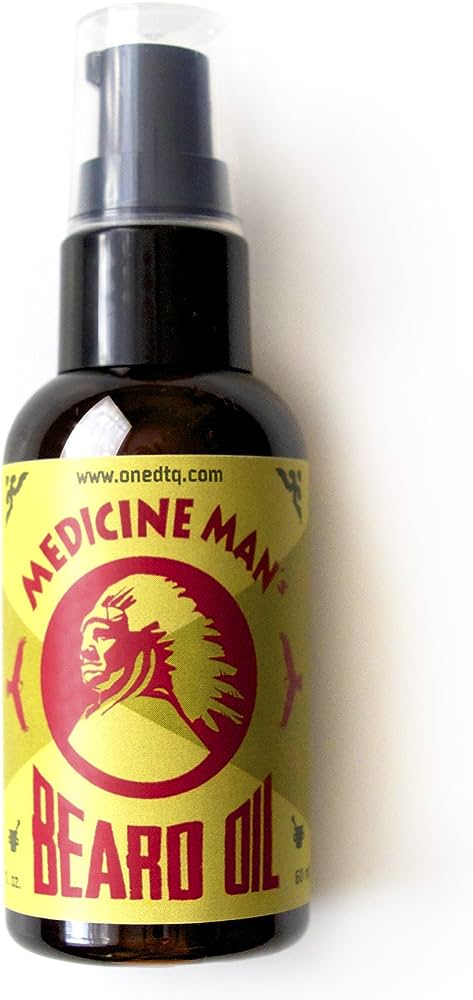
Components of Beard Oil
Carrier Oils
Carrier oils are the backbone of any beard oil formulation. These oils serve as the base and carry the other components of the oil. Common carrier oils used in beard oil include jojoba oil, argan oil, coconut oil, and grapeseed oil. These oils are chosen for their moisturizing properties and ability to penetrate the hair follicles and skin.
Essential Oils
Essential oils are the fragrant oils extracted from various plants and herbs. They not only add a pleasant scent to the beard oil but also offer additional benefits to the skin and hair. Some popular essential oils found in beard oil include cedarwood, sandalwood, peppermint, and tea tree oil. These oils can provide antimicrobial, anti-inflammatory, and soothing properties, making them helpful for maintaining a healthy beard.
Additional Ingredients
Aside from carrier and essential oils, beard oil may also contain additional ingredients to enhance its effectiveness and address specific concerns. These can include ingredients like vitamin E, which helps nourish and condition the beard, or natural extracts that provide antioxidant or anti-aging benefits.
Now that we understand the components of beard oil, let’s explore how it can help with beard itching.
Moisturizing Properties of Beard Oil
One of the primary reasons beard oil is effective in combating itching is its moisturizing properties. The carrier oils in beard oil work by replenishing the natural oils of your skin and beard, keeping them hydrated and nourished. This helps combat dryness and flakiness, reducing the chances of beard dandruff and irritation. By moisturizing your beard and the skin underneath, beard oil creates a protective barrier that locks in moisture, preventing dryness and itchiness.
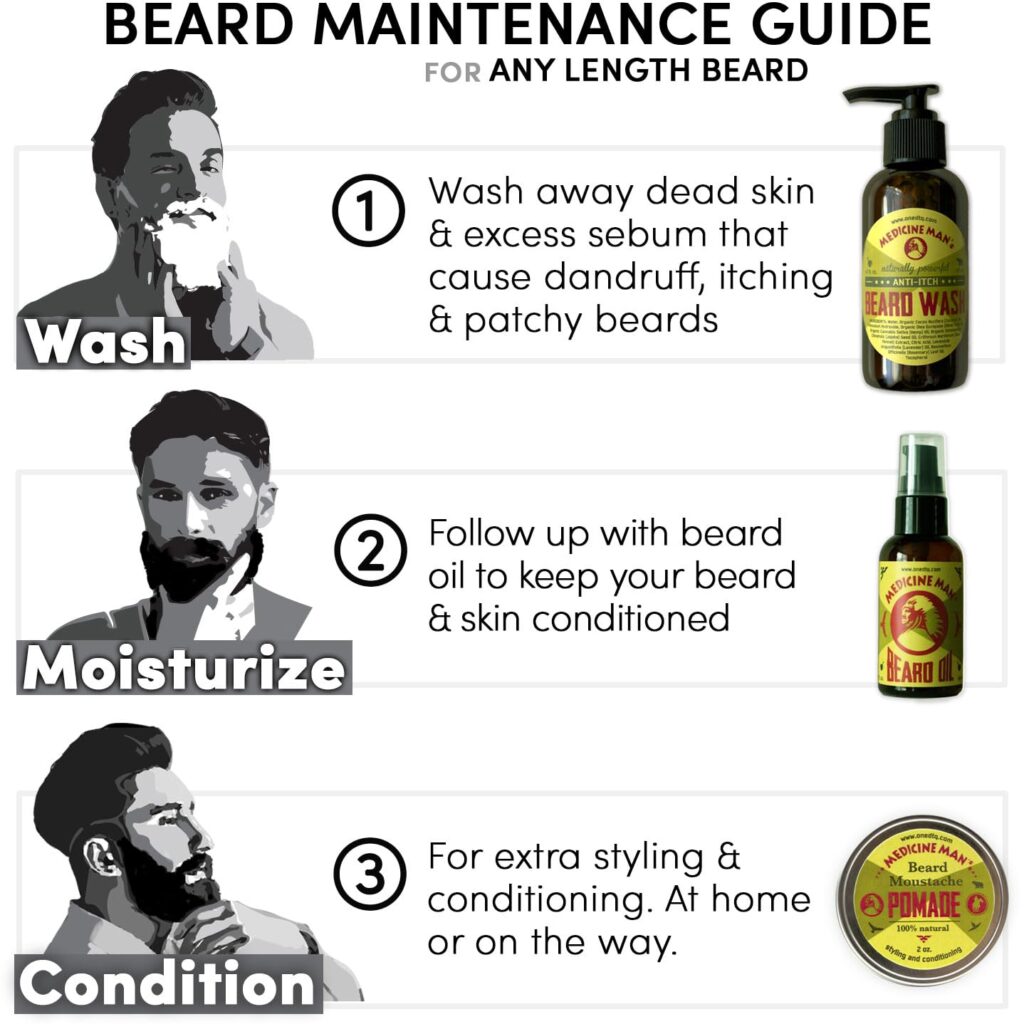
How Beard Oil Helps with Itching?
Hydrates and Nourishes the Skin
As mentioned earlier, dry skin is a common cause of beard itching. Beard oil hydrates and nourishes the skin beneath your beard, providing essential moisture that keeps your skin healthy and itch-free. The carrier oils in beard oil penetrate deep into the skin, replenishing the natural oils that may have been stripped away by harsh soaps or environmental factors. By restoring moisture to your skin, beard oil helps alleviate itching caused by dryness.
Reduces Beard Dandruff
Beard dandruff, or beardruff, can be both uncomfortable and embarrassing. The moisturizing properties of beard oil help combat beard dandruff by keeping the skin beneath your beard hydrated and flake-free. Regular application of beard oil can significantly reduce the occurrence of beardruff, ensuring that your beard looks clean and healthy.
Soothes Irritated Skin
If you’ve been scratching your beard due to itching, your skin may be irritated and in need of some relief. Beard oil, particularly those containing essential oils with soothing properties like cedarwood or tea tree oil, can help calm irritated skin. These oils possess anti-inflammatory properties that can alleviate redness, soreness, and itchiness, providing much-needed relief.
Promotes Healthy Hair Growth
While not directly related to itching, promoting healthy hair growth can indirectly help with itchiness in the long run. When your beard hair is strong and healthy, it’s less likely to become brittle or break, which can cause itchiness. Beard oil contains essential nutrients and vitamins that nourish the hair follicles, promoting healthy growth from the roots. By keeping your beard hair strong and well-nourished, beard oil helps prevent future itching.
With so many beard oil options available, how do you choose the right one for your needs? Let’s explore some factors to consider when selecting a beard oil.
Choosing the Right Beard Oil
Consider Your Skin Type
When choosing a beard oil, consider your skin type. If you have dry or sensitive skin, look for beard oils with gentle, nourishing ingredients that won’t cause further irritation. On the other hand, if you have oily skin, opt for lighter carrier oils that won’t clog your pores. Understanding your skin type will help you choose a beard oil that suits your specific needs.
Look for Natural and Organic Ingredients
To ensure the best care for your beard and skin, look for beard oils made with natural and organic ingredients. Avoid products that contain synthetic fragrances, parabens, sulfates, or other potentially harmful chemicals. Natural and organic ingredients are typically gentler on the skin, minimizing the risk of irritation or allergic reactions.
Consider Your Scent Preference
Beard oils come in a variety of scents, ranging from subtle and earthy to bold and aromatic. Consider your personal scent preference when choosing a beard oil. It’s important to select a scent that you enjoy, as you’ll be applying the oil directly under your nose. If you’re sensitive to strong fragrances, opt for unscented or lightly scented beard oils.
Now that you’ve chosen the perfect beard oil, let’s dive into the application process.
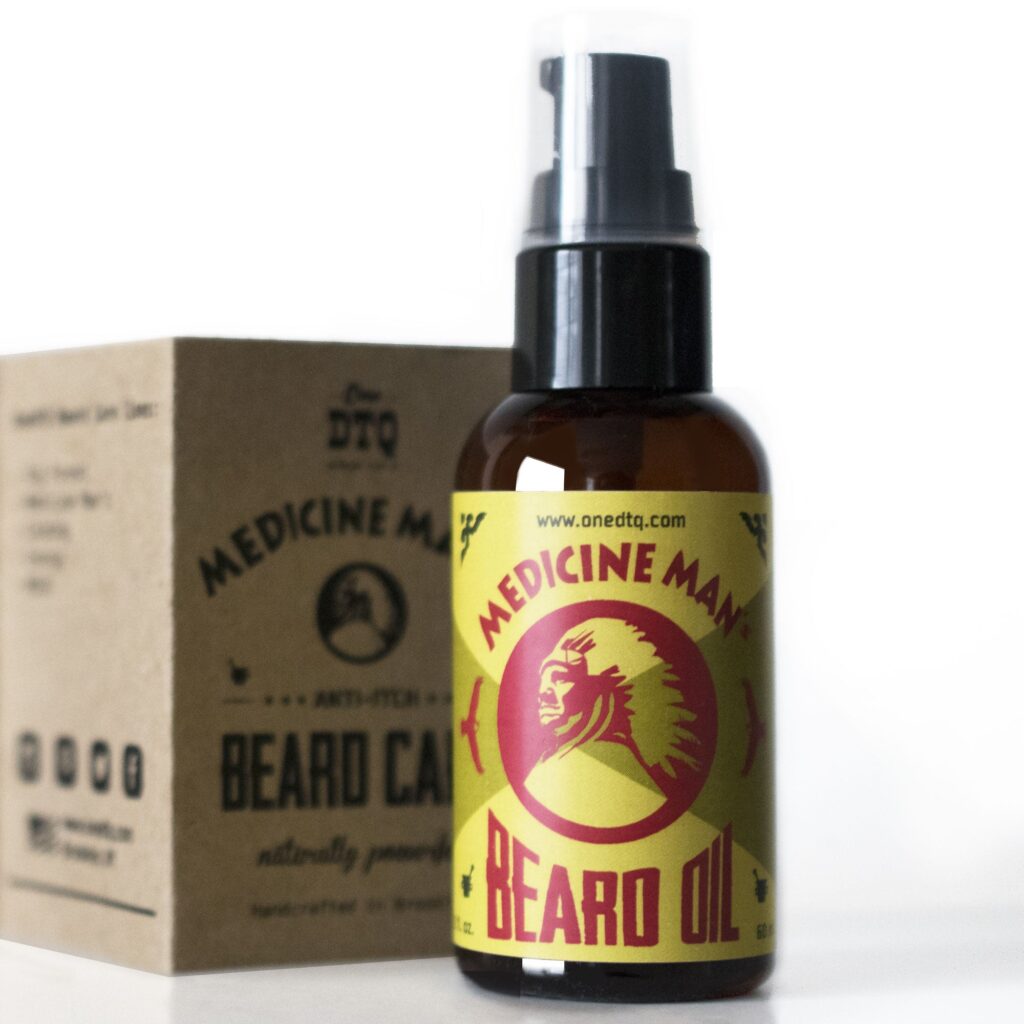
Application of Beard Oil
Step 1: Cleanse Your Beard
Before applying beard oil, it’s crucial to start with a clean beard. Use a gentle beard shampoo or cleanser to remove any dirt, oil, or product buildup. Thoroughly rinse your beard and pat it dry with a towel.
Step 2: Dry Your Beard
It’s essential to ensure your beard is completely dry before applying oil. Excess water can prevent the oil from properly absorbing into your beard and skin. Use a blow dryer on a low heat setting or allow your beard to air dry naturally.
Step 3: Apply the Beard Oil
Dispense a few drops of beard oil onto your palm. The amount of oil needed will depend on the length and density of your beard. Start with a small amount, and gradually increase as needed. Remember, it’s easier to add more oil than to remove excess.
Step 4: Massage the Oil Into Your Beard
Rub your palms together to distribute the oil evenly. Then, starting from the roots of your beard, gently massage the oil into your beard and skin. Use your fingertips to work the oil in, ensuring it reaches the skin beneath.
Step 5: Comb or Brush Your Beard
To further distribute the oil and ensure even coverage, use a beard comb or brush to comb through your beard. This will help detangle any knots, distribute the oil evenly, and promote beard health.
Other Tips to Prevent Beard Itching
Now that you know how to apply beard oil, here are some additional tips to prevent beard itching:
Wash Your Beard Regularly
Regularly washing your beard helps remove dirt, oil, and dead skin cells that can contribute to itching. Use a gentle beard shampoo or cleanser and avoid overwashing, as this can strip your beard of its natural oils.
Exfoliate Your Skin
Exfoliating your skin beneath the beard can help remove dead skin cells and promote a healthier beard. Use a gentle exfoliating scrub or brush to lightly scrub the skin in circular motions, being careful not to be too harsh and cause irritation.
Avoid Scratching or Itching Your Beard
Resist the urge to scratch or itch your beard, as this can further irritate your skin and lead to more itching and discomfort. Instead, reach for a beard comb or brush to help alleviate any itchiness.
Avoid Hot Water and Harsh Shampoos
Hot water and harsh shampoos can strip your beard of its natural oils, leading to dryness and itching. Use lukewarm water when washing your beard, and opt for gentle, beard-specific shampoos that won’t be too harsh on your skin.
Stay Hydrated and Maintain a Healthy Diet
Drinking enough water and maintaining a healthy diet can contribute to overall skin health, including the skin beneath your beard. Hydrated skin is less prone to dryness and itching, so ensure you’re getting enough fluids and eating a well-balanced diet.
Manage Stress Levels
Stress can have a negative impact on your overall health, including your beard’s health. High stress levels can worsen skin conditions and potentially contribute to beard itching. Find healthy ways to manage stress, such as exercise, meditation, or engaging in hobbies you enjoy.
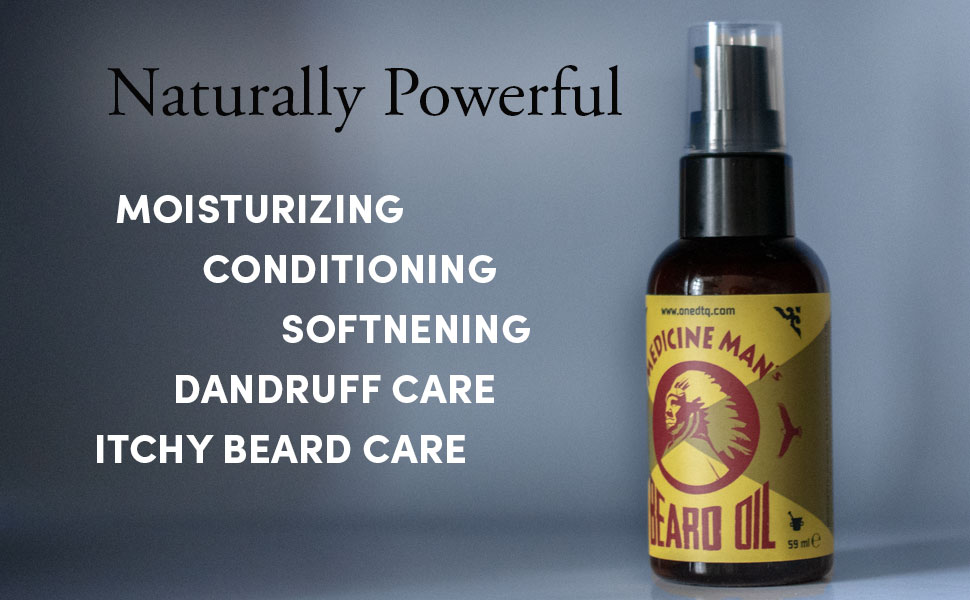
Conclusion
Beard itching can be a bothersome issue for many men, but with the right approach, it can be managed effectively. Beard oil is a powerful tool in combatting itchiness, thanks to its moisturizing properties and ability to nourish both the beard and the skin. By hydrating the skin, reducing beard dandruff, soothing irritation, and promoting healthy hair growth, beard oil can provide much-needed relief from itching and discomfort.
When choosing a beard oil, consider your skin type, opt for natural and organic ingredients, and select a scent that suits your preferences. The application process is straightforward – cleanse your beard, dry it thoroughly, apply the oil, massage it in, and comb or brush your beard for even distribution. By following these steps and incorporating other preventative measures, like regular washing and exfoliation, you can keep beard itching at bay.
Remember, growing a beard is not just about the facial hair itself; it’s about embracing a lifestyle and expressing your personal style. With the help of beard oil, you can ensure that your beard looks and feels its best, allowing you to confidently rock the facial hair you’ve always desired. So, say goodbye to beard itching and hello to a soft, healthy, and itch-free beard.
